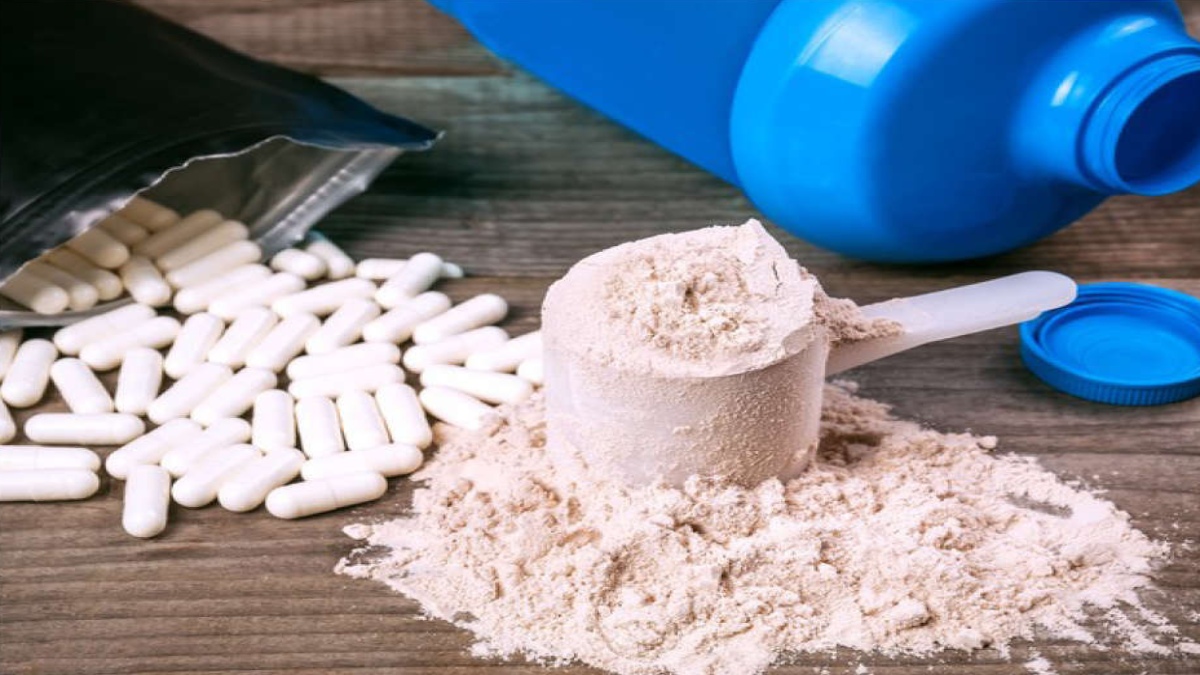
Myriad athletes use supplements in their diet as part of regular training or competition, thus enabling more intense training by encouraging faster recovery between workouts, minimizing interference caused by disease or injury, and increasing competitive performance.
These supplements are often used without a full understanding or evaluation of the potential benefits and risks associated with their use, and without consultation with a sports nutrition professional. A few supplements may be helpful to athletes in specific circumstances, especially where food intake or food choice is restricted. Vitamin and mineral supplements should be used only when a food-based solution is not available. Sports drinks, energy bars, and protein–carbohydrate shakes may all be useful and convenient at specific times. There are well-documented roles for creatine, caffeine, and alkalinizing agents in enhancing performance in high-intensity exercise, although much of the evidence does not relate to specific athletic events.
There are potential costs associated with all dietary supplements, including the risk of a positive doping result as a consequence of the presence of prohibited substances that are not declared on the label. Such dietary supplements could make athletes unwitting drugs cheats and victims of unintentional doping. Unintentional doping refers to positive anti-doping tests due to the use of any supplement containing unlisted substances banned by anti-doping regulations and organizations, such as the World Anti-Doping Agency (WADA).
If an athlete is considering starting a supplement, he or she should take some time to discuss the risks, benefits, and alternatives with a physician and performance nutritionist who is familiar with the medical history and training regimen. Dietary supplements can also contain substances that have not been confirmed as being essential to life, but are marketed as having a beneficial biological effect, such as plant pigments or polyphenols. Animals can also be a source of supplement ingredients, such as collagen from chickens or fish for example.
WHO NEEDS FOOD SUPPLEMENTS?
Supplements are not a substitute for a balanced healthy diet. A diet that includes plenty of fruits, vegetables, whole grains, adequate protein, and healthy fats should normally provide all the nutrients needed for good health. Dietary supplements can play an important role in an athletic diet. Eating whole foods is by far the best way to supply your body with the myriad plant-derived, health-benefiting phytochemicals, but today’s food supply can’t provide all of the basic vitamins, minerals and some other essential nutrients. Our food simply won’t even meet the nutrient needs of average people, let alone athletes. While there are very few supplements backed by scientific evidence to enhance athletic performance, there are some shown to be helpful for exercise and recovery. Whether you’re an active adult, athlete working alone, or have hired a sports nutrition specialist, it’s important to stay current on supplement research.
MANAGING SUPPLEMENT RISKS
Sports supplements represent a multi-million dollar industry. Active adults and athletes are often enticed by effective supplement marketing. The promises of enhanced performance among other claims are motivating factors to purchase alternative nutrition to achieve results. Lack of supplement regulation and quality control may mean unreliable and ineffective products are being used. Using supplements inappropriately can result in unintended effects on an athlete’s health and competition status. Nutritional supplements are not regulated through the same process as standard medications, and there is considerable variation in the quality, purity, and effect of the active ingredients among different products.
There are no guarantees that any supplement product is free from banned substances and athletes must be fully aware of the risks to their career if they chose to use a supplement product.
WADA, NADA or any other anti-doping organisation is not able to endorse or approve supplement products, and any product claiming it is ‘safe for athletes to take’ should be used with extreme caution. If a company claims their product has been approved and/or certified by WADA or NADA, this statement is inaccurate.
WHAT SHOULD YOU DO?
Assess the need: seek advice from a qualified medical professional to determine whether you need to use a supplement.
If you chose to use a supplement product, only use batch-tested supplement products to minimise your risks of contamination.
Athletes are also advised to exercise good judgment and avoid products with suspicious and exaggerated claims or names, which include marketing performance terms such as “stacked,” “muscle,” “mass,” “tren,” “bol,” “anabolic” or “legal steroid,” “power,” “blast,” “energy,” “stimulant” and similar terms.
Assess the consequences to your career prior to using any supplement product. You could receive a four-year ban.
The ongoing problem of dietary supplement mislabelling continues to create a risky environment for athletes. Unfortunately, due to the current permissive regulations governing the supplement industry, NADA cannot give guarantees to athletes regarding which products are safe and free from contamination. Athletes need to be aware that they assume the risks of adverse health outcomes and positive anti-doping tests when choosing to take supplements.
Writer is a fitness & sports medicine specialist. Views expressed are his personal.















